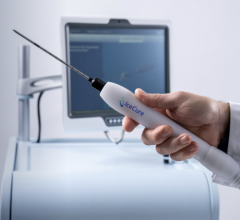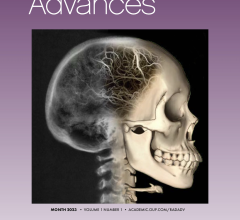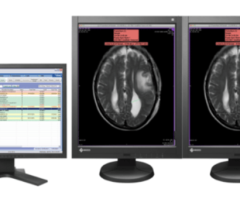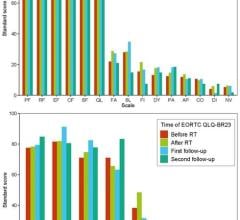
March 13, 2017 — Stratasys Ltd. announced last week enrollment is now open for 3DHEART, an investigator-initiated trial. 3DHEART, which stands for 3D Hearts Enabling A Randomized Trial, is a randomized, single-blind clinical trial to study the use of patient-specific 3-D-printed models in pre-operative planning for pediatric heart surgery. Stratasys is providing in-kind support with printing of the models to be used in the trial.
The study is being led by physicians from New York-Presbyterian/Morgan Stanley Children's Hospital, Children’s Hospital of Philadelphia, Children’s National Medical Center and Phoenix Children’s Hospital, with up to 20 additional sites in the U.S. The study will focus on pediatric congenital heart patients requiring complex two-ventricle repair. The primary endpoint being studied is cardiopulmonary bypass time, with secondary endpoints including the prevalence of surgical complications (morbidity), mortality and physician assessment of utility. The study is being managed by OpHeart, a 501(c)3 nonprofit organization whose mission is to improve the odds and outcomes for children born with life-threatening heart defects.
“This study is incredibly important because it will finally quantify what we know from firsthand experience: 3-D-printed, patient-specific models improve surgery, improve outcomes and result in lower treatment costs,” said Yoav Dori, M.D., pediatric cardiologist, Children’s Hospital of Philadelphia. “If we can empirically demonstrate this, it will be a game-changer for treating not only children with congenital heart defects, but patients across the board.”
The study will enroll 400 pediatric patients in total. Stratasys Direct Manufacturing is 3-D printing heart models for 200 patients on Stratasys Connex multi-material, full-color 3-D printers. These models are based on the patients’ magnetic resonance imaging (MRI) or computed tomography (CT) scans, and enable the surgeon to evaluate and “practice” on an accurate replica of the patient’s heart prior to actual surgery. The results of these 200 patients are being compared to the results of 200 patients who are being treated without the aid of 3-D-printed heart models.
For more information: www.stratasys.com


 April 17, 2024
April 17, 2024 








